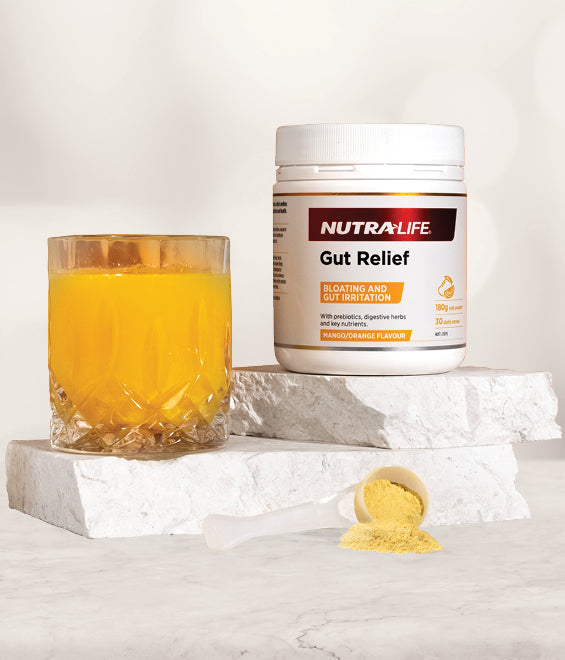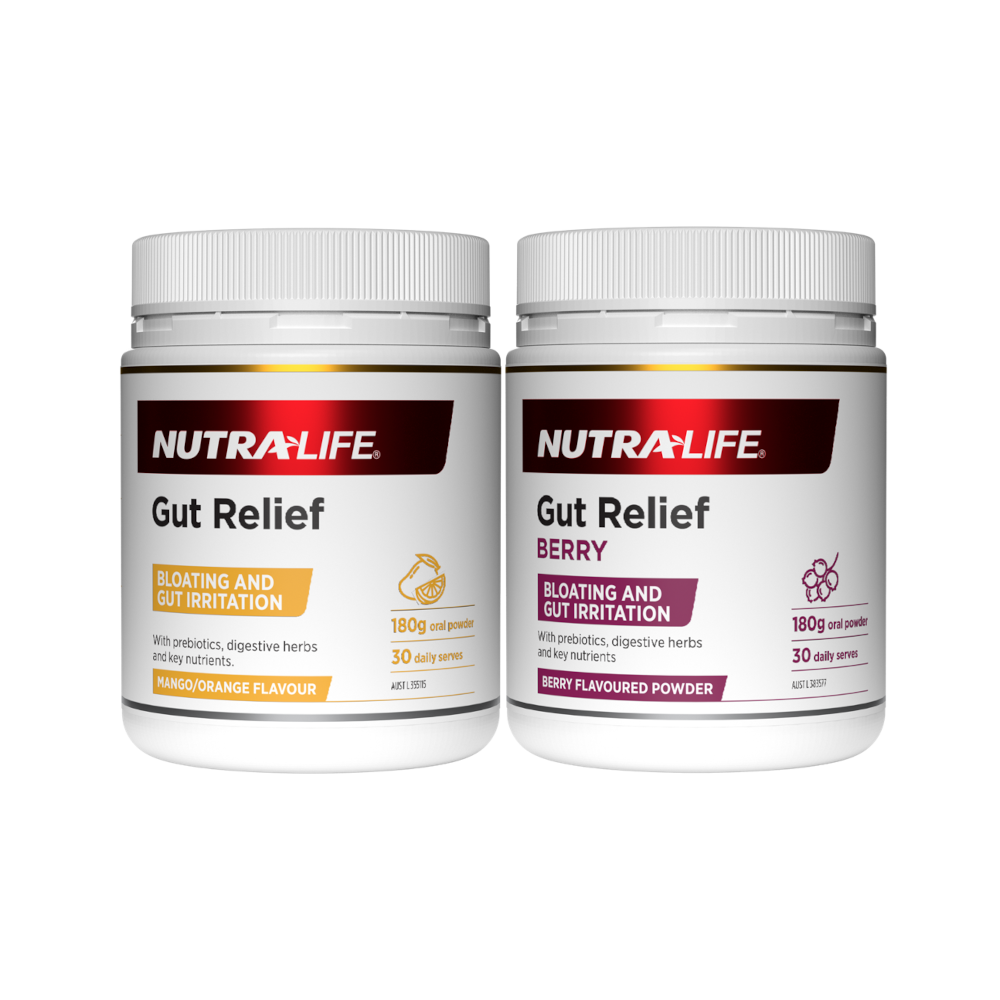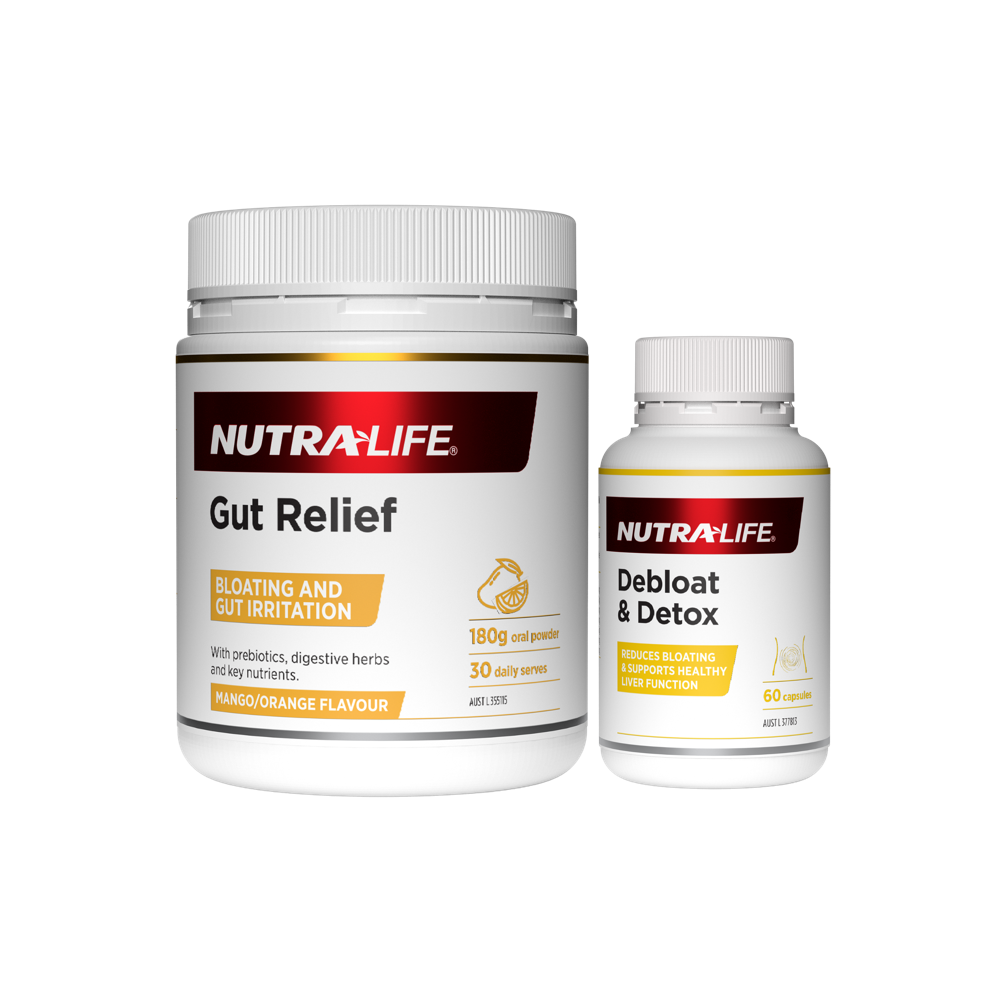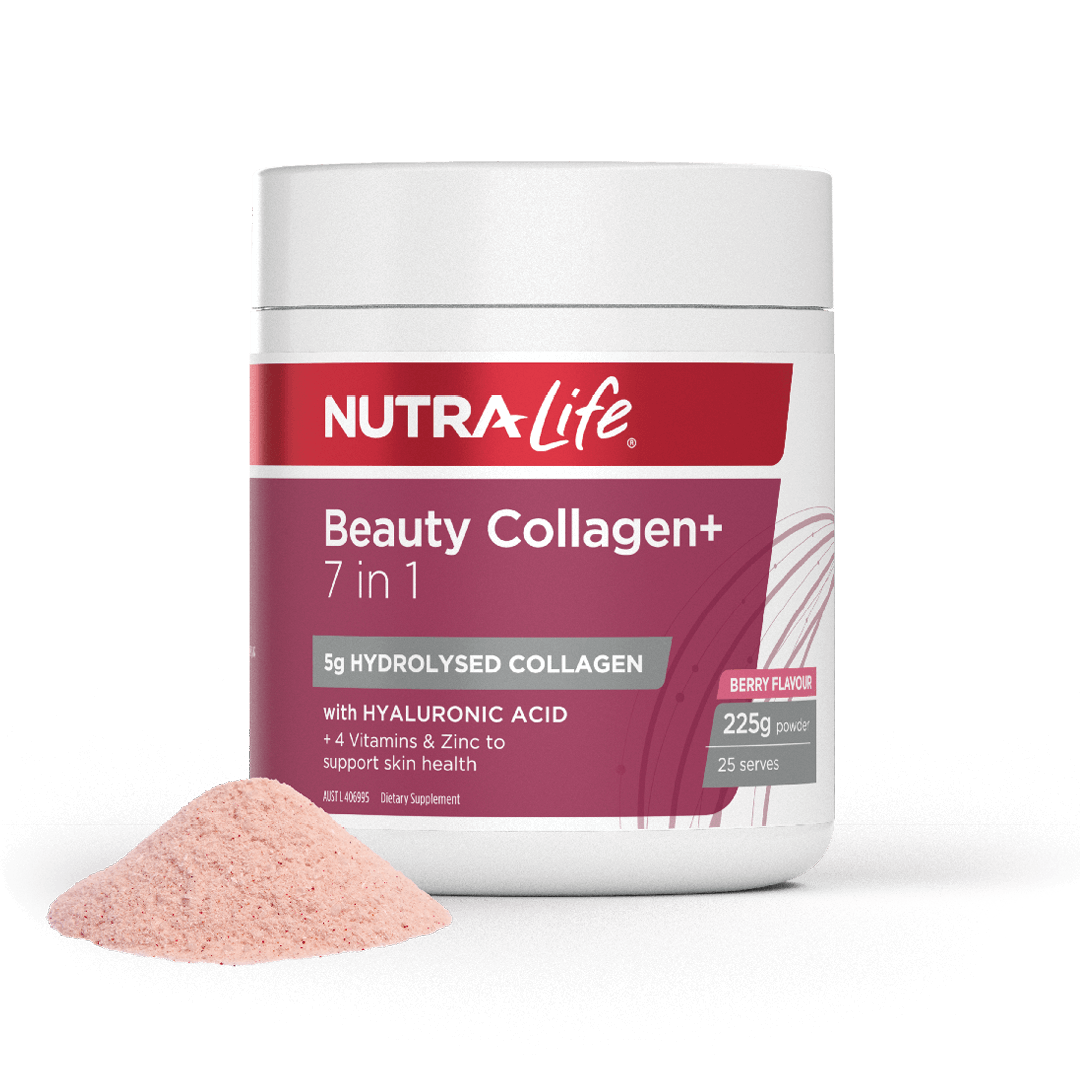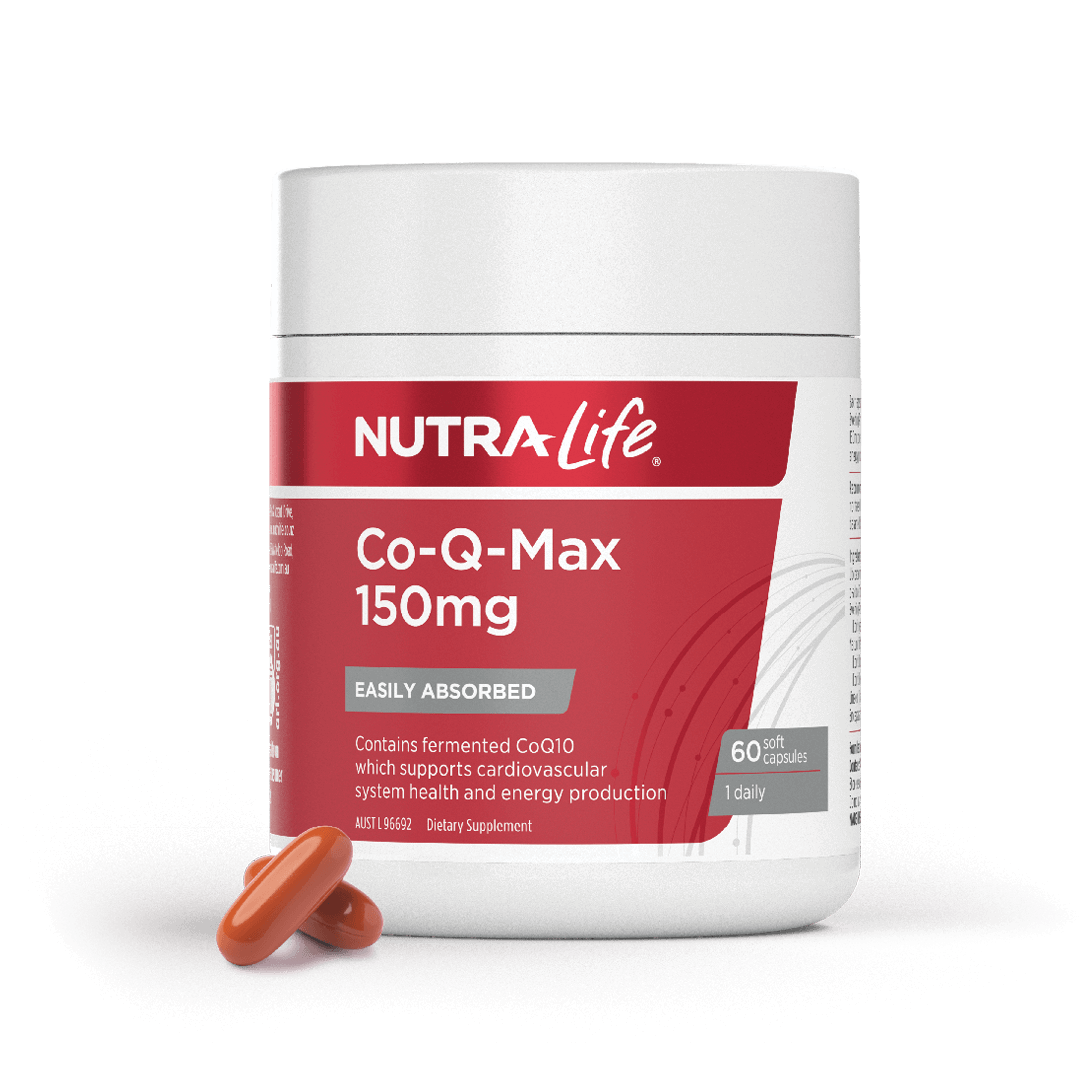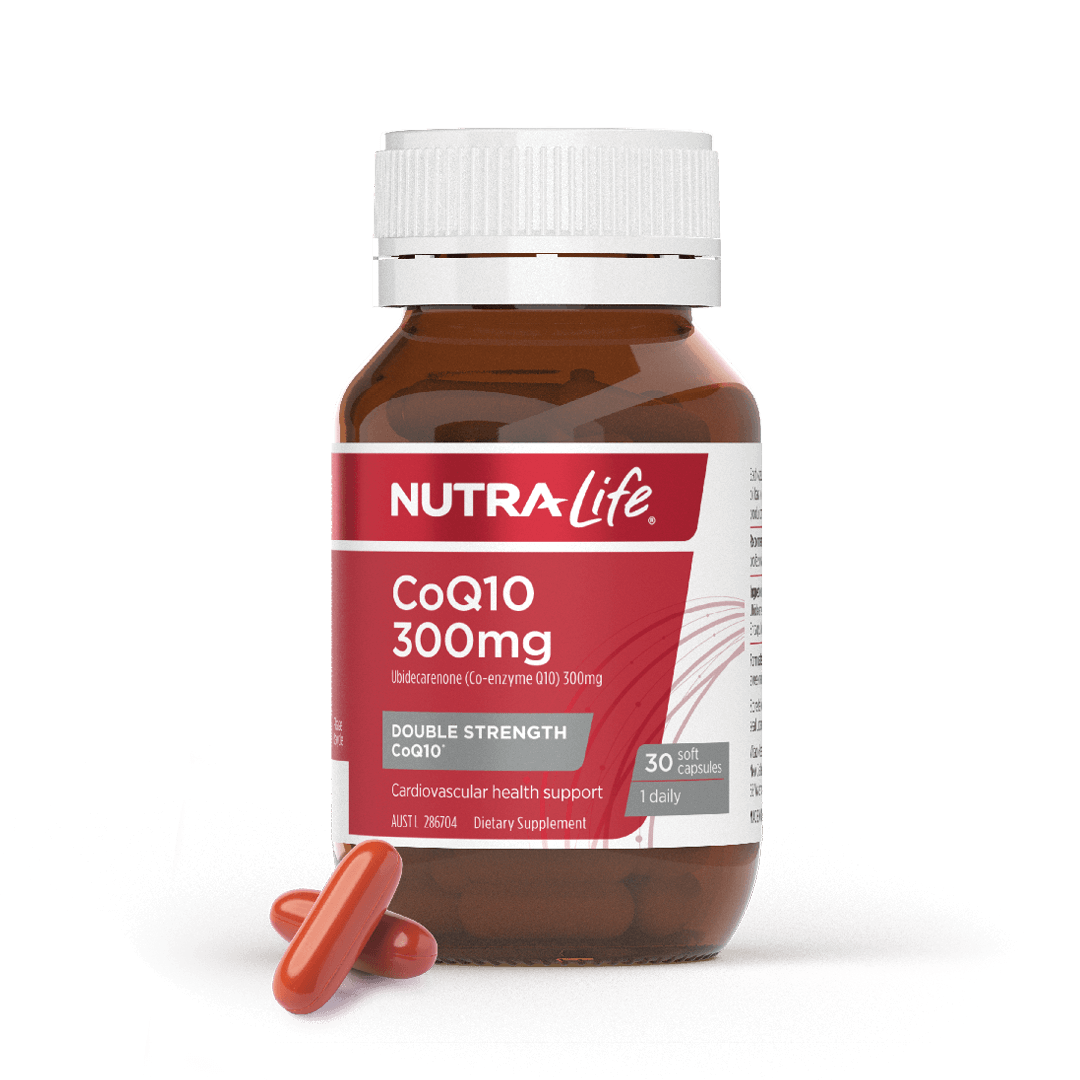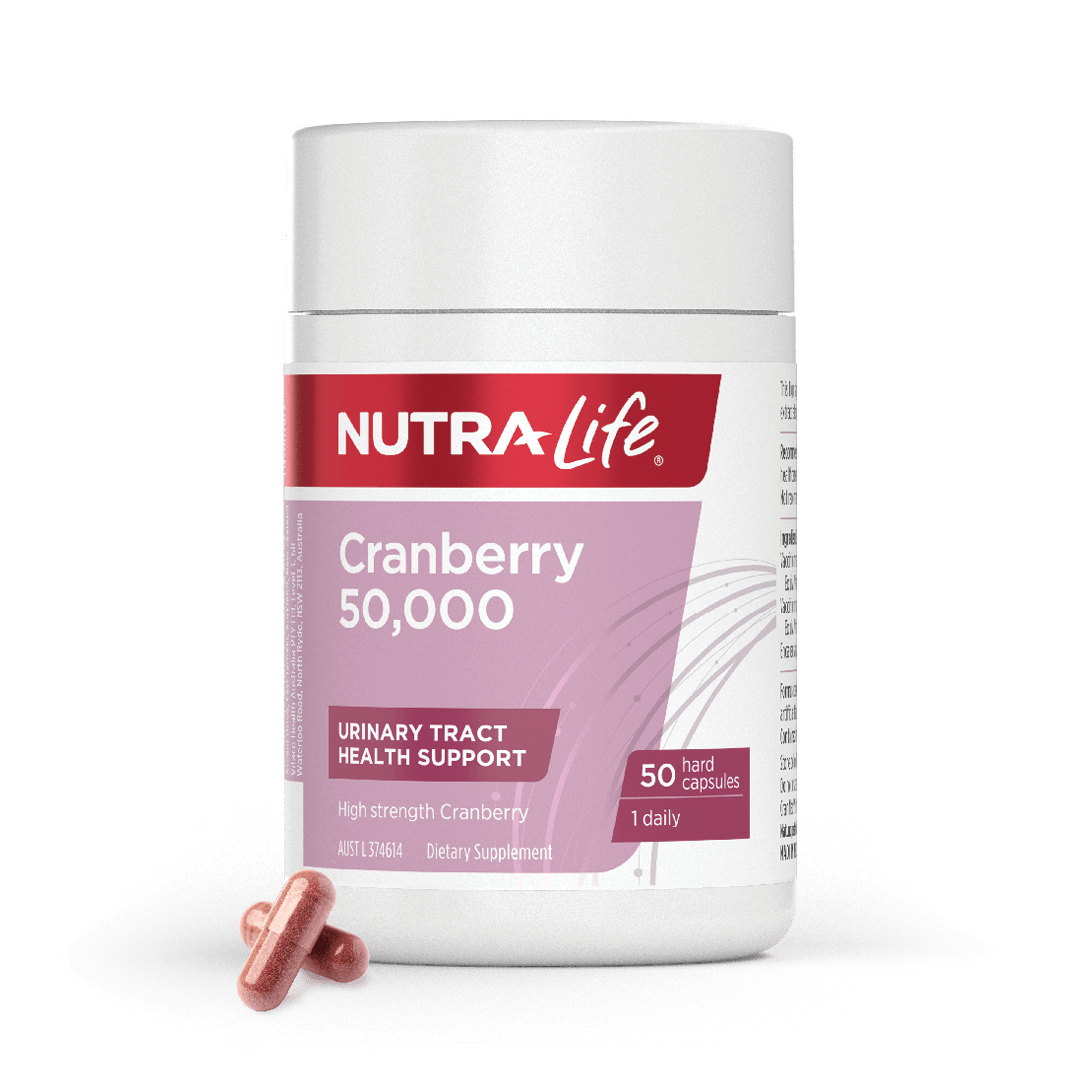- Fruits: dried fruit, apples, mango, apricots, nectarine, cherries, pears, peaches, watermelon, plums.
- Vegetables: onions, garlic, artichokes, asparagus, broccoli, Brussels sprouts, cabbage, cauliflower, fennel, leeks, mushrooms.
- Legumes: beans, chickpeas, green peas, lentils, red kidney beans, baked beans, soybeans.
- Wheat: bread, pasta, most breakfast cereals, biscuits and snack products.
- Dairy: cow’s milk, milk powder, yogurt, soft cheeses.
- Sugars: honey, high fructose corn syrup, artificial sweeteners.
- Meats and alternatives: Unprocessed meats, fish, seafood, poultry, eggs, firm tofu, and tempeh.
- Nuts: Macadamias, peanuts, pumpkin seeds, walnuts.
- Fruits: blueberries, rockmelon, grapes, kiwi fruit, pineapple, mandarins, oranges, raspberries, strawberries.
- Vegetables: capsicum, bok choy, carrots, celery, cucumbers, eggplant, green beans, lettuce, olives, potatoes, spinach, squash, tomatoes, zucchini.
- Grains: Corn, oats, rice, spelt.
- Dairy and alternatives: lactose-free dairy products, hard cheeses, almond milk, soy milk.
- Sugars: maple syrup, rice malt syrup, table sugar.
